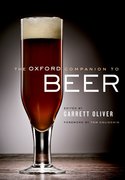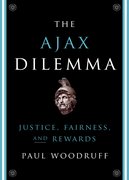By Charles B. Smith, Jay A. Jacobson, Leslie P. Francis, and Margaret P. Battin
Contagion,” the extraordinary film portraying the outbreak of lethal virus that spreads rapidly around the world, may seem eerily familiar: from the medieval plague to the Spanish flu of 1918-19 to more recent fears of avian influenza, SARS, and H1N1 “swine flu”, contagions have long characterized the human condition. The film captures almost perfectly what a contemporary worst-case scenario might look like, and is eerily familiar because it trades on realistic fears. Contagion, the transmission of communicable infectious disease from one person to another (either by direct contact, as in this film — sneezing or coughing or touching one’s nose or mouth, then a surface like a tabletop or doorknob that someone else then touches












